The Intercom Trust have just released a well-researched and comprehensive report entitled “Trans+ Voices, Gender Identity Healthcare in the South West”, in which 645 people responded to an anonymous survey in March 2021 where a series of questions were asked about the quality of healthcare they have received, or in many cases, have not received due to being on waiting lists for many years.
Although the focus was on GP and Gender Identity Clinic services, the survey allowed people to describe their experiences in more detail, including the struggles and challenges they have faced in their gender journeys.
The results are very interesting and detailed, some in a good way, but also not so good.
You can read the full report HERE.
But if you don’t have the time I have provided a flavour of the main points below.
The report first focuses on the primary healthcare and the GP experience, and there is a graph at Figure 10 that neatly summaries that many respondents were positive about their GP experience, many weren’t, and most reporting a mixed or neutral experience, and it gives some free text commentary from individual respondents; it’s the free text that really tells the story:
“I was reassured there was nothing wrong with my feelings and was referred to the Laurels GIC.”
“GP was very empathetic but at the time knew little about the gender dysphoria services or
pathway. We had to learn it together.”
“Original GP asked me to consider therapy to stop being trans before he would refer me to GIC.”
“She refused to look at me and asked me to leave her office, I had to get two new GPs until one was “comfortable” enough to refer me on.”
There is a section on harm reduction hormone prescribing, or bridging hormones, and overall the survey concludes “there is high need for safe, affordable, and accessible hormone therapy for Trans+ and gender diverse people”. Again the free text tells the personal tale:
“If GPs offered bridging prescriptions of hormones for patients on waiting lists it would make the agonising and inhuman waiting times infinitely more bearable”
“It has been a battle to get help from my local Surgery, I eventually managed to get a bridging prescription for hormones. Which made the waiting times a bit easier to cope with”
“GP prescribing hormones and bloods monitoring would greatly reduce the agony of waiting for GIC. Done in unison with GIC, GPs should be perfectly capable of this and to refuse such help is frankly transphobic. I’m fortunate in that my GP is wholly supportive but many are not.”
As expected, the worst aspect of the report relates to Gender Identity Clinic experiences, and Figure 11 provides a summary that shows most people, in fact over 70%, had “mixed or neutral”, “negative” or “very negative” experiences. 44% of respondents have been on a waiting list for over 2 years.
Again the free text tells the story:
“I have been waiting for nearly 3 years for a first appointment. In this time I have had several suicide attempts and mental health crises. I now access private healthcare for HRT even though I live in poverty and struggle to pay.”
“Euthanasia would probably be easier at this point”
The report then goes into detail about Interventions people would like to have to assist their transition, and Figure 13 makes interesting reading, with hormone treatment being the most common.
Requirements for social and psychological support is also discussed, including specialist therapies, peer support groups, and practical support such as to gain a Gender Recognition Certificate or to change their name.
Fascinating details emerge in the last part of the report that looks at Other Challenges and Experiences, and mental health issues are predominant, not least of which is high rates of suicidal thoughts and self-harm, and which in their turn lead to other serious life challenges, including access to jobs, homes, relationship difficulties, drug and alcohol misuse, and hate crime; again neatly summarised in a graph at Figure 16.
The full report is well worth a read if you have time, but the key conclusions are listed here:
• Trans and gender diverse people responded to this survey from all walks of life and at all stages in their journey toward becoming themselves.
• They have a variety of different intervention and support goals relating to this journey, of which hormone therapy was the most commonly identified (but not universal) element.
• A significant number of people were self-medicating with hormones and there was a high need for safer, GP harm-reduction prescribing.
• High need was also expressed for support for social aspects of transition, including peer support groups and assistance with gaining a Gender Recognition Certificate.
• GPs can be excellent but there are also many instances of encounters with ignorance, prejudice, and discrimination at GP surgeries. It is indicated that positive GP experiences could contribute to much better overall health and life circumstances for Trans+ and gender diverse people.
• Waiting for GIC care is exceptionally difficult and respondents identified a need for much better communication from the clinics as well as simply needing wait times to be reduced substantially.
• Waiting for GIC care is related to experiencing many more life difficulties, including financial hardship, health problems, and homelessness.
• Experiences of the GIC itself were also very varied and many points were made that offered potential for improvement (beyond the waiting challenge). These included:
o Improved communication and administration
o Clarity over the process and expectations
o Improved accessibility given that people have to travel long distances for care
• There were significantly greater negative experiences of both the GP and the GIC from those who
were not White British.
• Those who were not White British and those that were disabled also reported having experienced
more life difficulties in relation to being trans+ and gender diverse
Authored by Julie Miller @Julie_trans




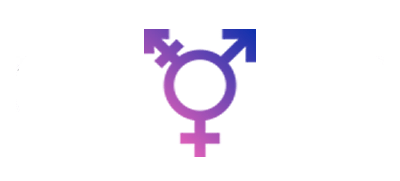
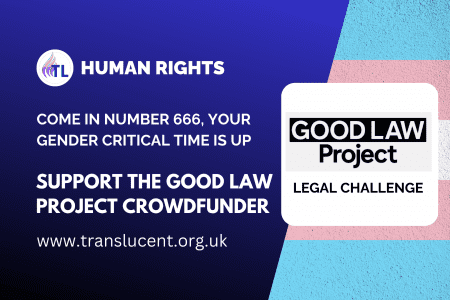
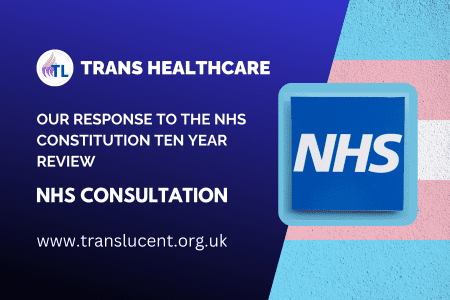
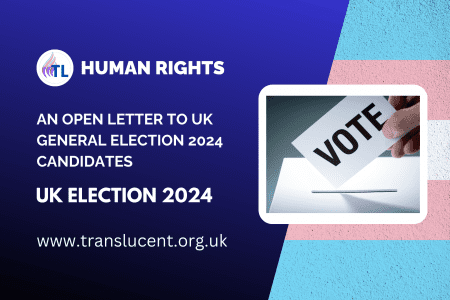
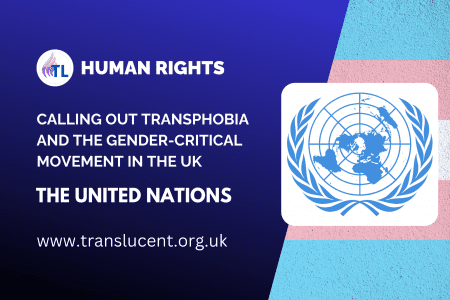
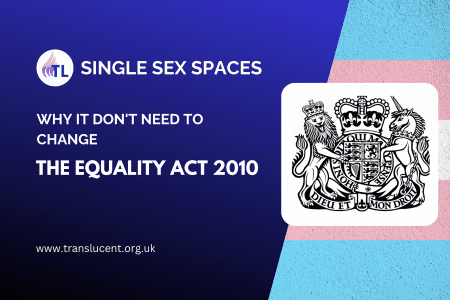

 To provide the best experiences, we use technologies like cookies to store and/or access device information. Consenting to these technologies will allow us to process data such as browsing behaviour or unique IDs on this site. Not consenting or withdrawing consent, may adversely affect certain features and functions.
To provide the best experiences, we use technologies like cookies to store and/or access device information. Consenting to these technologies will allow us to process data such as browsing behaviour or unique IDs on this site. Not consenting or withdrawing consent, may adversely affect certain features and functions.